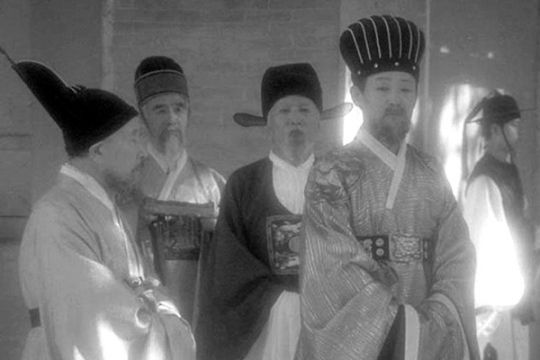Revenge

Synopsis
Set largely in Korea and China, and spanning the 1910s to 1940s, Ermek Shinarbaev’s epic masterpiece unites the resonant pictoriality of certain Far Eastern cinema with a mysticism rooted in the Russian tradition: a fitting and harmonic convergence for this collaboration (one of three) between the Kazakh director and Korean-Russian writer Anatoli Kim.A rural schoolteacher, Jan, murders a pupil, the young daughter of a family under whom he had previously been a tenant. The father, Caj, tracks him to China to exact revenge – but at the moment of vengeance, Caj cannot act. He returns home only to take a concubine, who in turn bears him a son: Sungu, a prodigious composer of verse. At Caj’s deathbed, the boy is informed he has been brought into the world purely for the sake of vengeance; he takes an oath to annihilate Jan.
Tonally, Revenge exhibits an extraordinary use of natural light that lends the figures an almost ethereal incandescence in the picture’s first half; the second half of the film shifts into a no-less-impressive palate that is ally to late-Tarkovskyan naturalism. A narrative broken into seven chapters, and constructed in a full-circle that creates a visual and spoken summary of Sungu’s poetic universe, Revenge is, to quote the critic and World Cinema Project Artistic Director Kent Jones, "a true odyssey, geographically and psychologically. One of the greatest films to emerge from the Kazakh New Wave, and also one of the toughest."